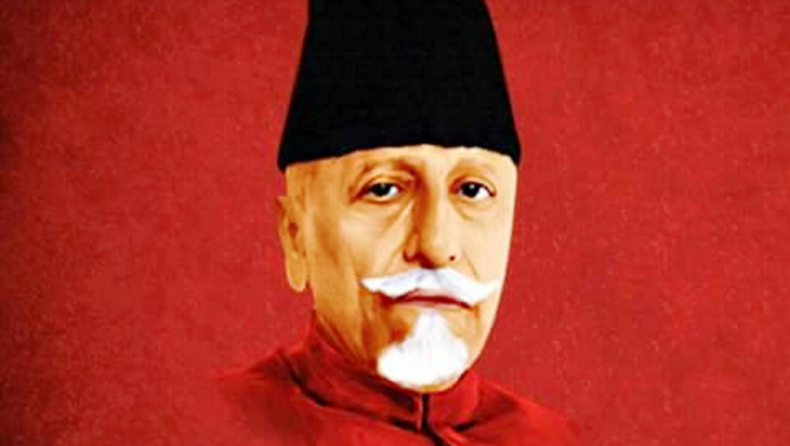On 11th November India commemorates Maulana Abul Kalam Azad as National Education Day.
Every year since 2008, November 11 has been observed as National Education Day to commemorate the birth anniversary of Abul Kalam Ghulam Muhiyuddin, India’s first education minister.
He was the education minister of independent India for nearly ten years, from 1947 to 1958. He made significant contributions to the country’s educational system, founding the University Education Commission, University Grants Commission, and IIT Kharagpur.
Jamia Millia Islamia University was also founded by him. By establishing the Lalit Kala Academy, Sahitya Academy, and the Indian Council for Cultural Relations.
On his birthday, here are some intriguing facts about the country’s first education minister: Sayyid Ghulam Muhiyuddin Ahmed bin Khairuddin Al-Hussaini Azad was Maulana Azad’s actual name. His pen name was eventually changed to ‘Azad.’
Maulana Abdul Kalam Azad, who was he?
Maulana Abul Kalam Ghulam Muhiyuddin Ahmed bin Khairuddin Al-Hussaini Azad was born on November 11, 1888. The Ministry of Human Resource Development designated November 11 as National Education Day in 2008.
His birthday is commemorated to recall his nation-building aspirations and honour his significant contribution to the education system.
He was the senior leader of the Indian National Congress and an Indian independence campaigner, Islamic theologian, and writer.
Following India’s independence, he was appointed as the country’s First Minister of Education. He was known as Maulana Azad; the word Maulana is an honorific that means “Our Master,” He used the pen name Azad (Free).
His contribution to establishing India’s educational foundation is recognised by the country’s celebration of his birthday as National Education Day.
Azad wrote poetry in Urdu as well as religious and philosophical treatises as a young man. He rose to popularity as a journalist, writing works critical of the British Raj and advocating for Indian nationalist movements.
Azad rose to prominence as the head of the Khilafat Movement, at that time he met Indian icon, Mahatma Gandhi.
Azad became a strong follower of Gandhi’s nonviolent civil disobedience ideals and helped organise the non-cooperation campaign in response to the Rowlatt Acts of 1919.
Azad was devoted to Gandhi’s ideas, which included promoting Swadeshi (indigenous) products and the cause of Swaraj (Indian self-rule). He became the youngest President of the Indian National Congress in 1923 when he was 35 years old.
Azad was chosen to the foundation committee for Jamia Millia Islamia in Aligarh, Uttar Pradesh, in October 1920, without the support of the British colonial authority.
In 1934, he helped move the university’s campus from Aligarh to New Delhi. He is commemorated by the university’s main gate (Gate No. 7) on the main campus.
Azad was one of the major organisers of the Dharasana Satyagraha in 1931. He quickly rose to prominence as one of India’s most powerful national leaders, championing Hindu–Muslim unity, secularism, and socialism.
From 1940 until 1945, he was the President of the Congress, and it was at this time that the Quit India movement was begun. Azad, along with the whole Congress leadership, was imprisoned.
Through the Al-Hilal newspaper, he also pushed for Hindu–Muslim reconciliation.
A journalist, independence warrior, politician, and educationist, Abul Kalam Azad wore several hats in addition to becoming India’s education minister.
And is the charge of creating the country’s current educational system. As education minister, he built the first IIT, IISc, School of Planning and Architecture, and the University Grants Commission.
The Sangeet Natak Academy, Lalit Kala Academy, Sahitya Academy, and the Indian Council for Cultural Relations were founded on the most notable cultural and literary academies.












